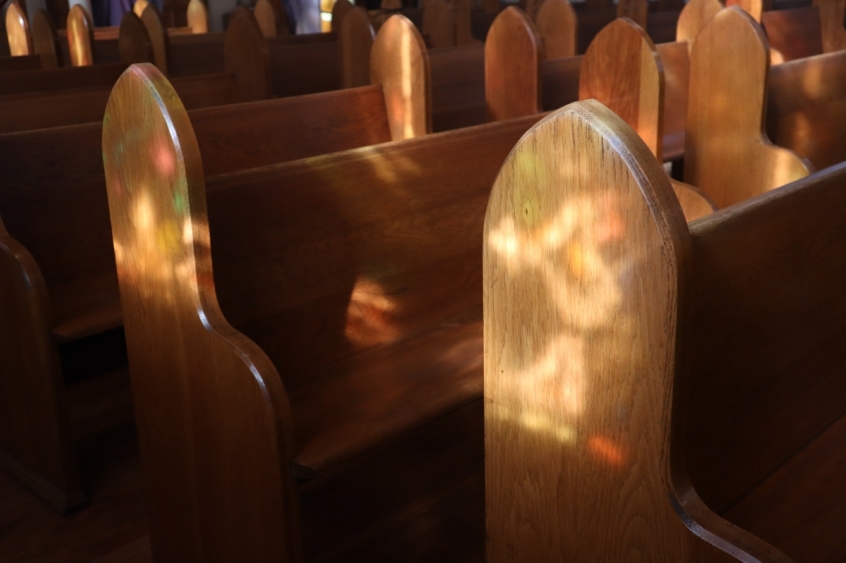
One of the virtues of our modern society, held up to be one of its greatest strengths, is efficiency.
Since earliest times merchants and rulers of empires have used efficiency to maximise wealth and profits. The ancient Romans and Egyptians, monarchs and generals weighed and measured and optimised for best results and they were very successful. And all without computer spreadsheets.
The cost of everything
The Industrial Revolution in Europe led to more efficient factory processes and mass production of saleable goods. Making more – and cheaper – goods meant bigger profits for factory owners and more tax for government coffers. The handcrafted 'buy-only-what-you-need' attitude fell out of favour. Cottage industries and small family businesses could not compete and they closed.
All of this has led to our thing for spreadsheets and balance statements, and increasing profits for fewer people. In his blog Dr P. Bernal from the University of East Anglia said that we are expected to 'live an efficient, practical life and maximise [...] results.'
It's a game that everyone plays.
Once upon a time clerks would spend hours scribing ledgers, big leatherbound books with pages ruled in rows and columns. Money in and money out. These books told the story of the making of wealth.
Some business people kept two ledgers, each with a very different story. Some transactions were 'off the books', business on the side, the secret stash. Those in the know say that this is not uncommon today. (Nudge, wink...)
But while spreadsheets can measure profits and losses and the monetary value of everything, is that all we need to measure? Is that really the worth of our lives?
Was the observation of the playwright Oscar Wilde correct when his character in Lady Windermere's Fan said that a cynic is 'a man who knows the price of everything and the value of nothing'?
How do we measure wellbeing or spiritual health?
Our churches conduct surveys and finance committees allocate resources to maintain buildings and provide ministry services. We measure church attendance and offerings. We keep a tally of the number of conversions, baptisms, weddings and funerals and cups of tea and stationery expenses.
We know how many seats we have and how far apart we need to be in a pandemic and can keep track of how many folk come to church once or twice a year, or once a week.
But can we pass that economic lens over faith? Over prayer, grace, or fellowship?
If he'd had one, would Jesus have checked his spreadsheet before the wedding at Cana to see exactly how much wine was required? What about the feeding of the 5,000? Would he have computed the correct number of loaves and fishes needed to fill those hungry folk?
Would he have checked the modelling before telling the disciples to cast their nets again on the other side of the boat? Would it have been helpful for Jesus to know how much silver Judas earned?
Can a spreadsheet compute the cost of Jesus's death and resurrection? Can it measure our relationship with Jesus?
Best not play the game. Some things are immeasurable and beyond price.













